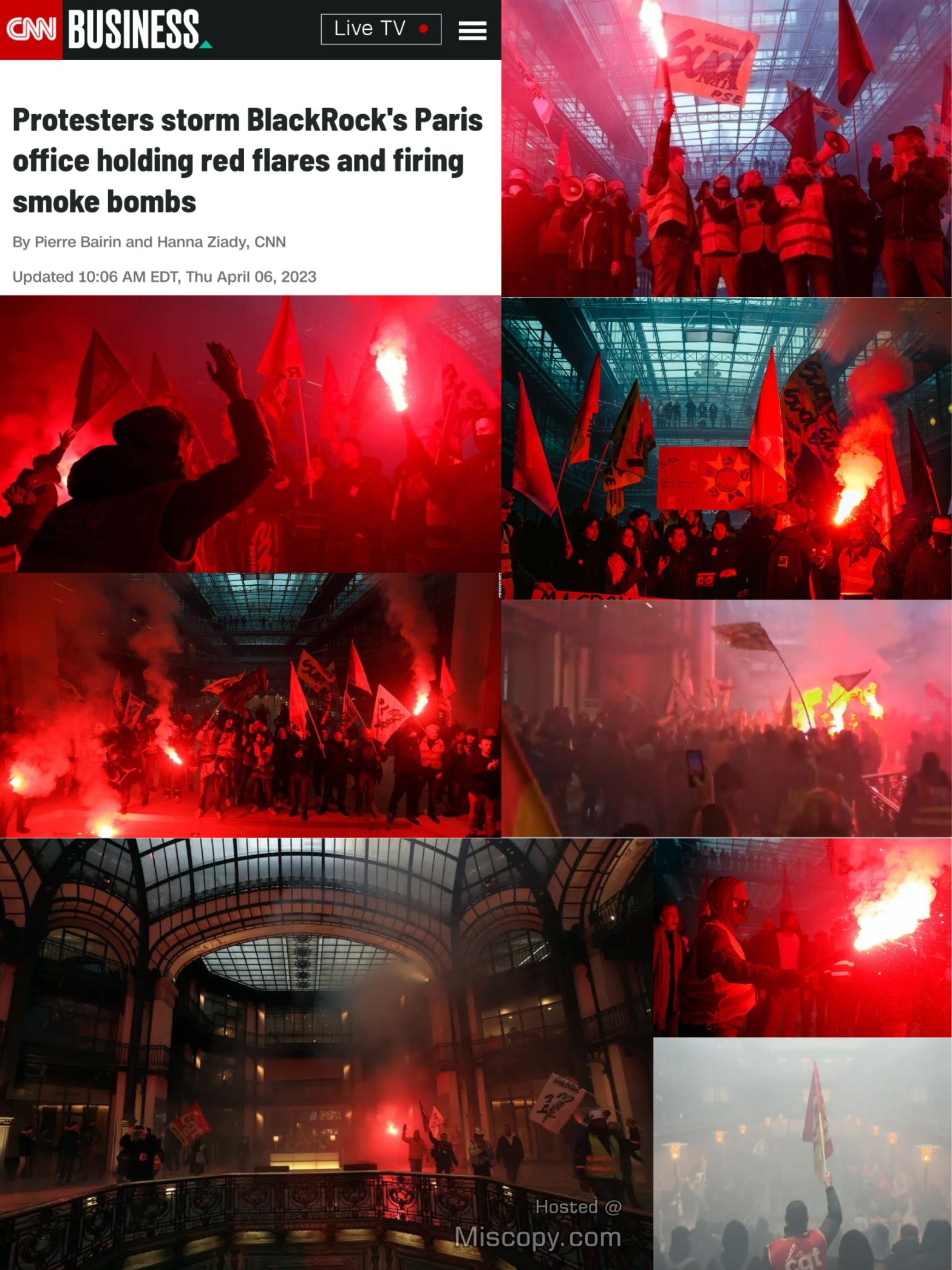Gang Stalking is a controversial phenomenon in which individuals report being subjected to ongoing harassment and surveillance by organized groups. These individuals, referred to as Targeted Individuals (TIs), claim to experience a relentless campaign aimed at undermining their lives and well-being. In this article, we will delve into the details of gang stalking, its origins, the potential perpetrators, their motivations, and the legal recourse available to targeted individuals.
Understanding Gang Stalking
Gang stalking, also known as organized stalking, is the alleged systematic and coordinated harassment of individuals by a group of people. TIs describe a wide range of intrusive tactics employed against them, including stalking, surveillance, noise campaigns, gaslighting, vandalism, employment sabotage, and electronic harassment. The harassment is often relentless, causing significant psychological distress and social isolation for the targeted individuals.
Perpetrators of Gang Stalking
Identifying the precise perpetrators behind gang stalking is challenging due to the covert nature of these activities. TIs commonly believe that government agencies, intelligence organizations, secret societies, or powerful individuals are responsible for orchestrating the harassment campaigns. However, it is crucial to note that without concrete evidence, it is difficult to definitively attribute these activities to specific entities.
Origins and History of Gang Stalking
The exact origins of gang stalking are difficult to trace, as it emerged from various sources and experiences. Some argue that elements of gang stalking can be found in historical practices of harassment and surveillance employed by authoritarian regimes. The rise of modern communication technologies and the ability to coordinate actions online have contributed to the evolution and proliferation of gang stalking tactics.
Motivations of State Actors
The motivations driving state actors to participate in gang stalking campaigns can vary, and specific reasons may differ depending on the context. Some potential motivations include:
- Suppression of Dissent: State actors may target individuals who challenge their authority, expose government corruption, or advocate for human rights. By subjecting them to gang stalking, state actors aim to silence opposition and deter others from engaging in similar activities.
- Covert Intelligence Gathering: State actors may perceive targeted individuals as potential sources of sensitive information or connections to dissident networks. Gang stalking can serve as a means to gather intelligence or monitor the activities of these individuals.
- Control and Intimidation: Engaging in gang stalking allows state actors to exert control over individuals and create an atmosphere of fear within society. By subjecting targeted individuals to constant harassment, state actors aim to intimidate and discourage dissent or activism.
Legal Recourse for Targeted Individuals
Seeking legal recourse can be a complex process for targeted individuals experiencing gang stalking. Laws governing such cases vary across jurisdictions, and specific legislation targeting gang stalking may be limited. However, depending on the nature of the harassment, victims may consider the following legal avenues:
- Restraining Orders: Targeted individuals can seek restraining orders or protection orders against individuals involved in the harassment. These orders aim to restrict the contact and proximity of the perpetrators, offering some level of legal protection.
- Stalking Laws: Existing stalking laws may provide a legal framework for targeted individuals to pursue legal action against their harassers. These laws vary by jurisdiction and typically require evidence of repeated unwanted behavior causing fear or distress.
- Privacy and Surveillance Laws: If electronic surveillance or other privacy violations are involved in gang stalking, targeted individuals may explore legal remedies under existing privacy laws or legislation specific to surveillance practices.
Conclusion
Gang stalking remains a highly controversial and complex phenomenon, with targeted individuals reporting ongoing harassment, surveillance, and psychological distress. While the origins and perpetrators of gang stalking are difficult to pinpoint definitively, understanding the motivations and potential legal recourse is essential.
To address the concerns raised by targeted individuals, it is crucial for legal systems, human rights organizations, and mental health professionals to carefully examine and investigate these cases. Establishing a balanced approach that respects the rights and well-being of individuals while addressing potential threats to security and public order is key to navigating the challenges associated with gang stalking.


